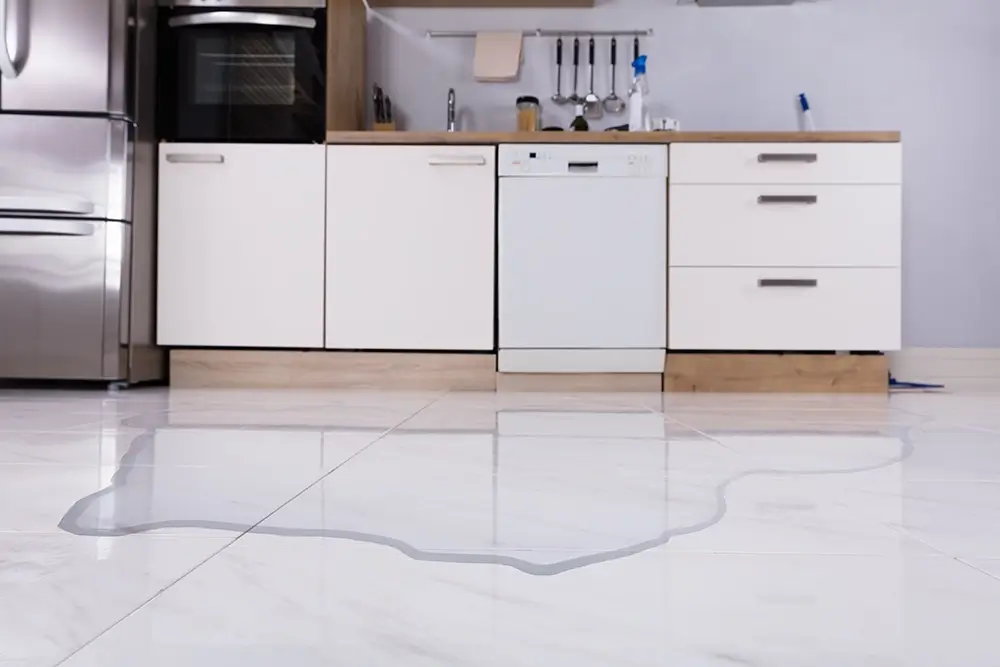As the world faces unprecedented environmental challenges, the agricultural sector, among others, is rapidly embracing sustainable practices and technology. A significant development that stands to revolutionize water management in agriculture is the use of leak sensors for smart irrigation. This advancement not only ensures effective water use but also helps in maintaining the desired balance of resources, thus supporting environmental sustainability.
The primary goal of leak sensors for smart irrigation is to detect water leakages promptly and optimize water usage. For those involved in Quality Assurance (QA) within industries, integrating such a technology presents an opportunity to streamline operations, reduce overhead costs, and significantly increase efficiency.

How Leak Sensors Revolutionize Irrigation
Incorporating leak sensors into irrigation systems ensures that leaks are detected early, thus preventing water wastage and promoting better water management practices. Smart systems equipped with these sensors provide real-time data and insights, allowing for immediate corrective action.
The concept is relatively straightforward yet groundbreaking. External link show the wider implementation can lead to substantial water savings, making it an appealing option for stakeholders in both home and industrial settings.
The Technology Behind Smart Irrigation Systems
Advanced smart irrigation systems use a combination of soil moisture sensors, humidity monitors, and leak detectors to provide precise water delivery. These sensors continually assess conditions and adjust water flow based on data collected. This not only ensures optimal plant growth but also mitigates water wastage due to unforeseen leaks.
Businesses can leverage this technology to achieve greater control over watering schedules and ensure that their irrigation systems are functioning efficiently, thereby enhancing overall water conservation.
Benefits to Quality Assurance Teams
For Quality Assurance professionals, implementing leak sensors offers several advantages. It allows QA teams to detect and address any inefficiencies proactively, ensuring streamlined operations. This technology serves as a preventive measure to avoid catastrophic failures that could result in significant downtime and financial losses. By embedding these sensors, QA teams gain access to comprehensive data that supports their evaluation processes.
Moreover, the integration of such systems within agricultural and industrial frameworks can enhance operational outcomes, ensuring that resource utilization aligns with organizational goals. Remote access leak detection is one way QA teams can monitor systems off-site, providing flexibility and ensuring continuous monitoring.
Potential Drawbacks and Considerations
While the benefits are substantial, it's crucial to consider potential drawbacks. Initial installation costs can be a barrier, and the complexity of integrating new technology with existing systems can also pose challenges. Maintenance and calibration of sensors require regular attention to ensure ongoing effectiveness. It's important for organizations to weigh these factors against the potential long-term benefits of water conservation and efficiency improvements.
Furthermore, surface mount leak alarms systems linked to detected leaks help to enhance the alert and mitigation processes, however, these require precise placement and integration.
Ensuring Effective Implementation
To maximize the benefits of leak sensors in smart irrigation, it is essential for QA teams and stakeholders to ensure effective implementation. This includes choosing the right technology, proper installation, ongoing monitoring, and regular updates.
Training personnel to understand and effectively utilize these systems is equally important. It ensures that teams can respond swiftly to alerts and optimize their irrigation strategies accordingly, resulting in more sustainable operations. Consulting with experts or engaging with service providers can also aid in effectively navigating this transition.
For more insights on water leak detection systems, water leak detection systems offer valuable information on broader applications and benefits.
Conclusion and the Future of Water Management
The introduction of leak sensors for smart irrigation marks an enormous step forward in the pursuit of sustainable water management practices, particularly for those in the agriculture sector. As QA teams are continually tasked with maximizing efficiency and mitigating risks, incorporating these technologies is an astute strategy for achieving these objectives.
Looking ahead, the adoption of such innovations is likely to increase, driven by a growing recognition of the urgent need to conserve resources and adopt smarter agricultural practices. Providing stakeholders with the tools and insights necessary to make informed decisions about water management ensures a more sustainable future for all.
Learn more about how smart irrigation can improve your home and business at benefits of a leak detection system.

FAQs
What Are Leak Sensors and Why Are They Important?
Leak sensors are devices designed to detect water leakages within irrigation systems. They are essential in preventing water wastage, maintaining optimal irrigation, and supporting sustainable practices.
How Do Smart Irrigation Systems Work?
Smart irrigation systems utilize sensors, weather data, and controller systems to automatically adjust water delivery based on real-time environmental conditions, optimizing water use and plant health.
What Are the Benefits for QA Teams?
For QA teams, the benefits include improved operational efficiencies, early detection of leaks, reduced waste, data-driven insights, and an enhanced ability to support organizational sustainability goals. Regular monitoring and real-time data access ensure proactive management.






